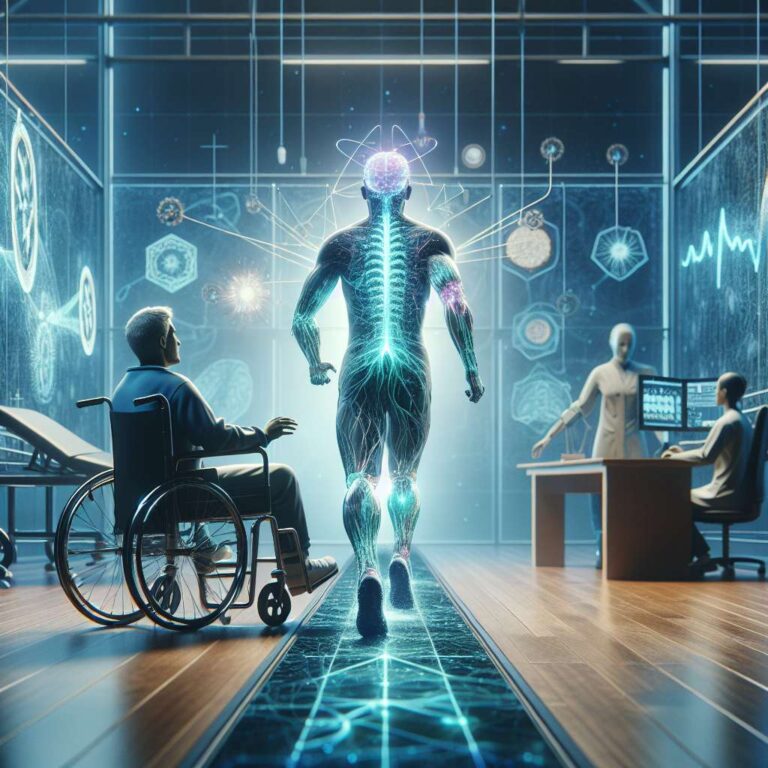Scientists in Switzerland have developed a breakthrough technology, described as a Digital Bridge, that uses Artificial Intelligence and is helping people with paralysis walk again. Presented as a major advance in the intersection of technology and healthcare, the development moves restored mobility beyond a distant aspiration and toward a tangible outcome for patients. The report also invokes the legacy of Christopher Reeve, positioning the achievement as a step toward realizing a long held dream of overcoming paralysis.
Although the preview does not detail the underlying methods, its emphasis is clear: Artificial Intelligence sits at the core of the progress and is enabling results that have historically been out of reach for many people living with paralysis. The Digital Bridge label signals an intent to close the gap created by severe injury or disease, with the outcome centered squarely on walking. By focusing on mobility, the piece highlights the human impact of even incremental gains, which can translate into meaningful improvements in independence and quality of life.
The announcement identifies Switzerland as the hub for this work and characterizes the advance as both a scientific and clinical milestone in the making. By foregrounding Artificial Intelligence as the engine of progress, the report situates the breakthrough within a broader shift toward data driven innovation in medical technology. While specifics on timelines, scale, or access are not provided in the preview, the message is unambiguous: pairing cutting edge computation with focused clinical goals is opening new possibilities for those living with paralysis. For patients, caregivers, and clinicians, the promise of the Digital Bridge represents renewed hope that walking after paralysis may become achievable for more people over time.

